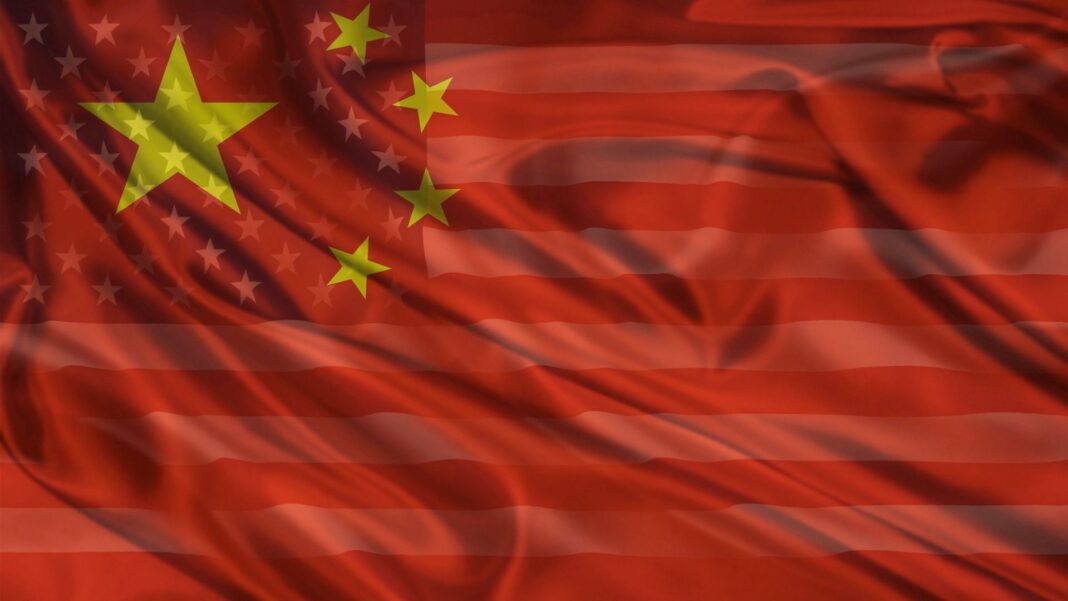Tariffs built America’s strength in the 19th century. Only tariffs can rebuild it now — before we’re reduced to a raw-material colony for the Chinese Communist Party.
“April 2 is going to be Liberation Day for America,” the president said. One can only hope he means it literally.
Liberation Day — a bold declaration of America’s economic sovereignty — deserves annual recognition alongside Independence Day. Here’s why.
Economics and politics — money and power — remain inseparable. Without economic independence, such as the ability to produce steel, machinery, and semiconductors domestically, political independence cannot survive.
America’s founders learned that lesson the hard way during the Revolutionary War. Somewhere along the way, the country forgot it.
Over the past five decades, the United States has offshored trillions of dollars in economic production — everything from basic necessities to advanced technologies — to foreign competitors. As a result, America now relies heavily on Chinese imports to sustain its wealth and security.
This dependence isn’t just shortsighted; it’s suicidal.
President Trump’s proposed tariffs offer what may be the last, best opportunity to free the U.S. economy from the grip of globalist trade policies that have hollowed out domestic industry.
In Rushmore’s shadow
The greatest threat to the American Revolution wasn’t the disciplined redcoats or ruthless Hessians. It was the colonies’ inability to produce enough textiles, firearms, or gunpowder to sustain the war effort. Before the Revolution, Britain had supplied many of these goods — and suddenly cut them off.
Victory became possible only after European powers, especially France and the Netherlands, began supplying the Continental Army. The French alone provided more than 80,000 muskets. Without that aid, the war could not have been fought, let alone won.
President George Washington understood the hard lesson: Political independence depends on economic independence. He wrote:
A free people ought not only to be armed, but disciplined; to which end a uniform and well-digested plan is requisite; and their safety and interest require that they should promote such manufactories as tend to render them independent of others for essential, particularly military, supplies …









